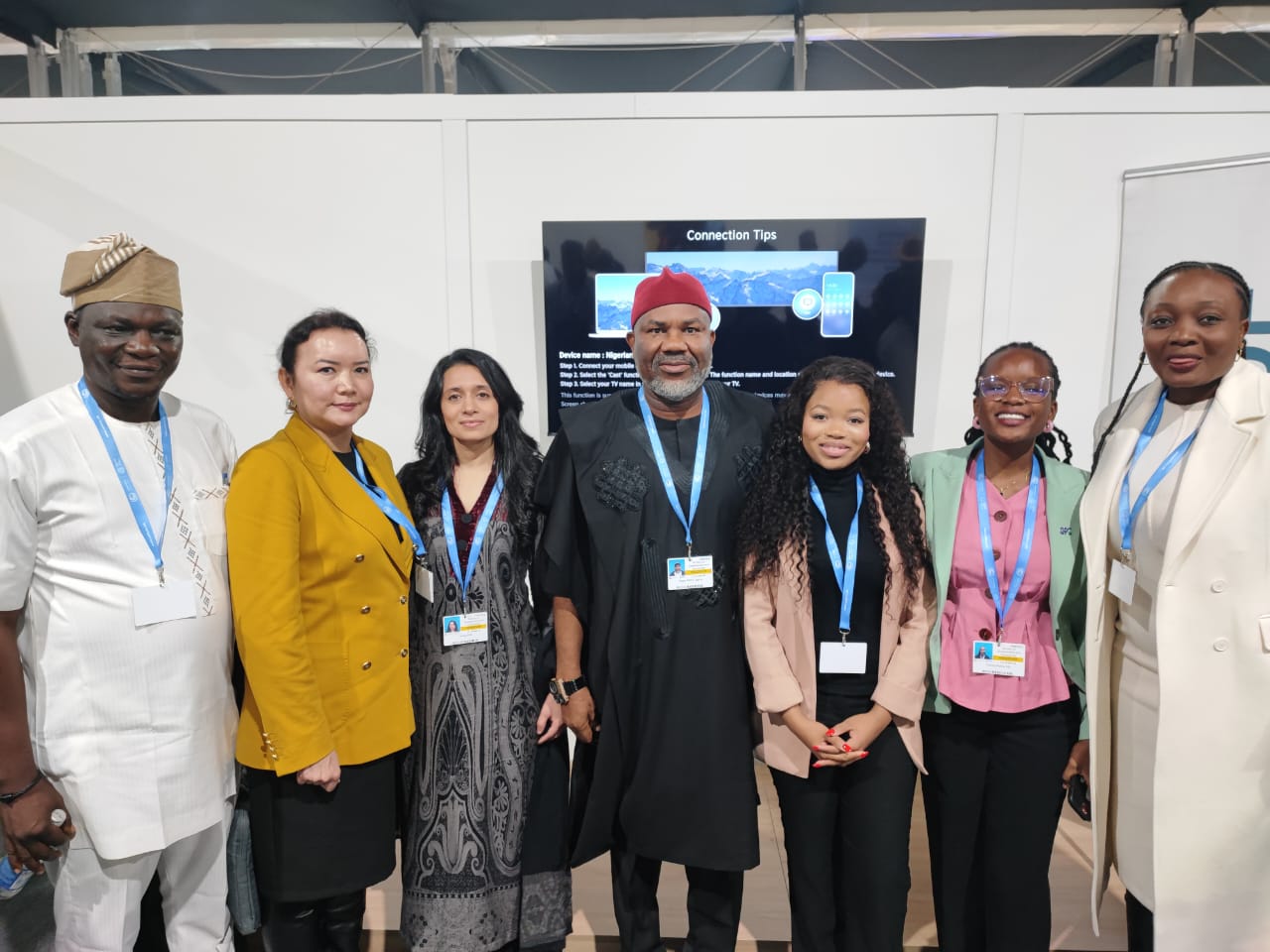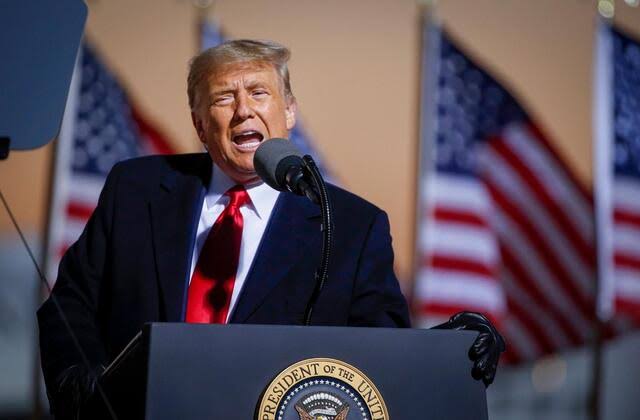News
COP29: Reps, Others Advocate Equitable Policy For Energy Transition


News
15 huts razed, one injured in renewed Jukun-Tiv violence

A fresh outbreak of ethnic violence between the Jukun and Tiv communities has erupted in Taraba State, with suspected Jukun militias launching an early-morning attack on Dekeh Village along the Wukari–Kente Road.
According to security sources available to Zagazola Makama, the incident occurred at approximately 1:00 a.m. on Tuesday.
About six armed assailants stormed the village, opening fire indiscriminately and setting 15 huts ablaze. The attack forced residents to flee in panic, leaving behind food items, including yam seedlings, which were destroyed in the blaze.
One resident identified as Mdue Saaondo, sustained gunshot injuries during the assault. He was rescued by a joint team of police and military personnel and transported to the Federal University Teaching Hospital in Wukari for medical treatment.
The Taraba State Police Command has launched an investigation to identify and apprehend those responsible. Authorities have also scheduled a security meeting with the Wukari Local Government Traditional Council as part of efforts to restore peace and encourage dialogue between the Tiv and Jukun communities, who have long-standing disputes over land and territorial claims.
“Patrol and surveillance operations are ongoing to forestall further violence and ensure stability in the area,” police authorities stated.
The incident adds to the growing list of violent clashes that have plagued southern Taraba in recent years, underscoring the urgent need for a sustainable resolution to the communal tensions.
News
2025 U-20 AFCON: Flying Eagles zoom into quarter-final after draw with Kenya

Nigeria’s Flying Eagles booked a place in the quarter-final at the 2025 Africa U-20 Cup of Nations after playing out a 2-2 draw against Kenya.
Aliyu Zubairu’s side finished second in Group B with five points from three games.
The Atlas Cub of Morocco top the group with seven points after beating Tunisia 3-1 at the Suez Canal Stadium in Ismailia.
Kenya started the game strongly, and deservedly took the lead after six minutes.
Nigeria defender Emmanuel Chukwu handled the ball inside the box, and after initially awarding a free kick to Kenya, the centre referee pointed to the spot following consultation with VAR.
Captain Kevin Wangaya Colly slotted the ball past Ebenezer Harcourt to give the Rising Stars the lead.
The Flying Eagles fought back seven minutes later with Lillestrøm striker Kparobo Arierhi netting after he was put on through on goal by Simon Cletus.
Nigeria dominated the game in the second half but failed to test the Kenyan goalkeeper.
Kenya took the lead for the second time in the game through substitute William Nwangi on 68 minutes.
Nwangi lashed home Humphrey Kegengo’s free kick from inside the box.
Daniel Bameyi, however, converted from the spot to hand the Flying Eagles a share of the spoils.
News
Trump announces judicial nominees, accuses US court of obstruction

United States President Donald Trump has announced a fresh slate of judicial nominees in a series of posts on Truth Social on Tuesday.
The president, who has repeatedly expressed frustration over what he sees as judicial obstruction, followed up on Wednesday with a post criticising the judiciary for allegedly preventing him from carrying out the mandate of the American people.
The Republican leader, whose second-term agenda has encountered multiple judicial roadblocks, wrote: “Our Court System is not letting me do the job I was Elected to do.
“Activist judges must let the [Donald] Trump Administration deport murderers, and other criminals who have come into our Country illegally, WITHOUT DELAY!!!”
Trump named Maria Lanahan, Missouri’s Principal Deputy Solicitor General, as a nominee for a judgeship on the US District Court for the Eastern District of Missouri. He praised her as “a true patriot” in a post on Tuesday.
The 78-year-old also nominated Judge Cristian Stevens to serve on the same court, describing him in another post as “a Great Patriot.”
The announcements came a day after a federal appeals court declined the Trump administration’s request to revoke temporary legal status from hundreds of thousands of Nicaraguans, Venezuelans, Haitians, and Cubans living in the United States.
-

 News20 hours ago
News20 hours agoReal cause of Herbert Wigwe’s helicopter crash revealed
-

 Politics21 hours ago
Politics21 hours agoUghelli North PDP Holds Crucial Meeting
-

 News12 hours ago
News12 hours agoJust in: Finally, EFCC bows to pressure, releases VDM
-

 News18 hours ago
News18 hours agoJust in: Security and Exchange Commission declares PWAN as PONZI scheme, cautions Nigerians
-

 Economy21 hours ago
Economy21 hours agoSEE Black Market Dollar to Naira Exchange Rate Today – 7th May 2025
-

 News16 hours ago
News16 hours agoJust in: Lagos LG chairman slumps during APC meeting
-

 News20 hours ago
News20 hours agoFG starts massive overhaul of NYSC scheme, plans teachers’, medical corps
-

 News17 hours ago
News17 hours agoMultiple video evidence against Nnamdi Kanu






